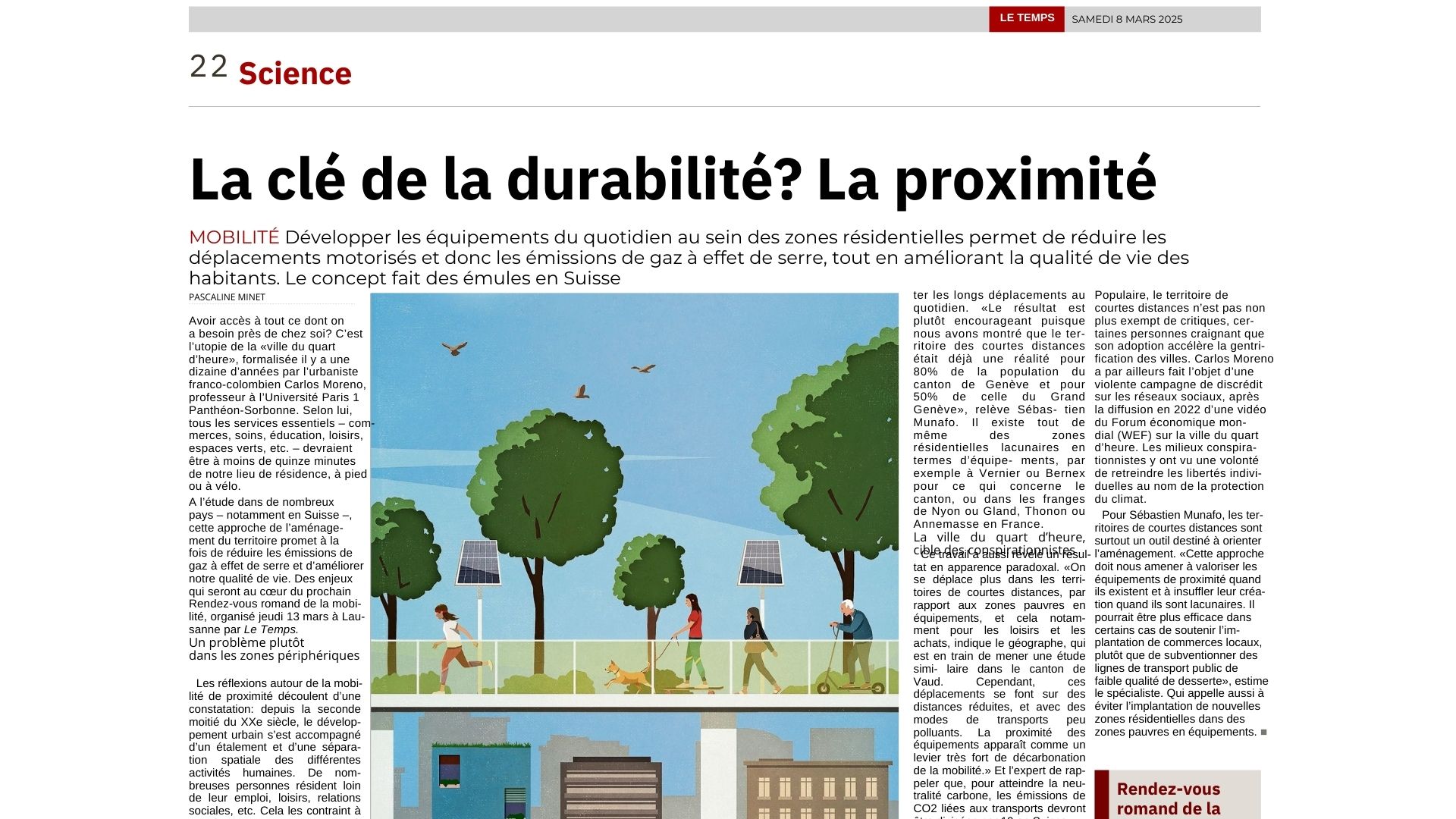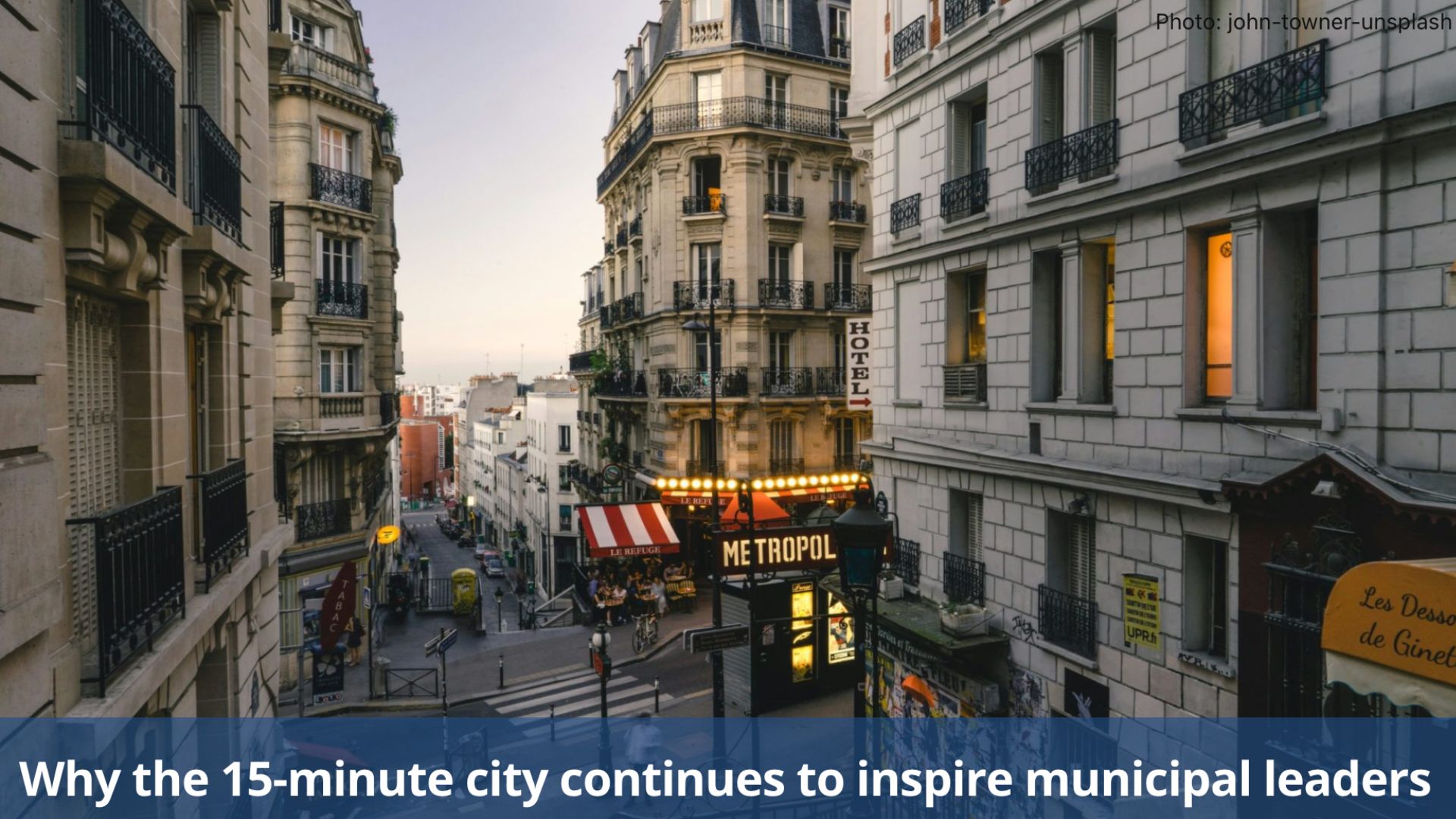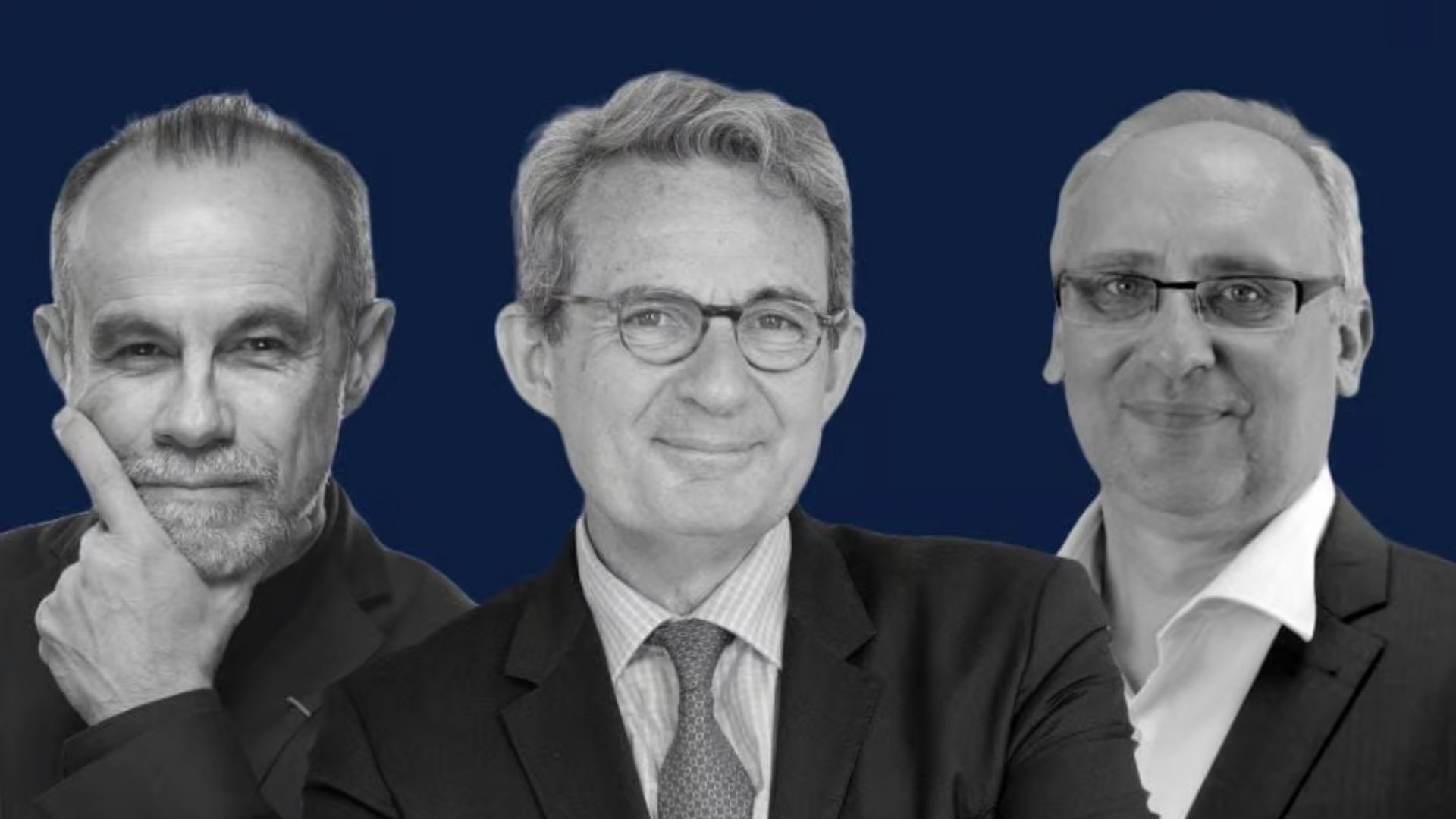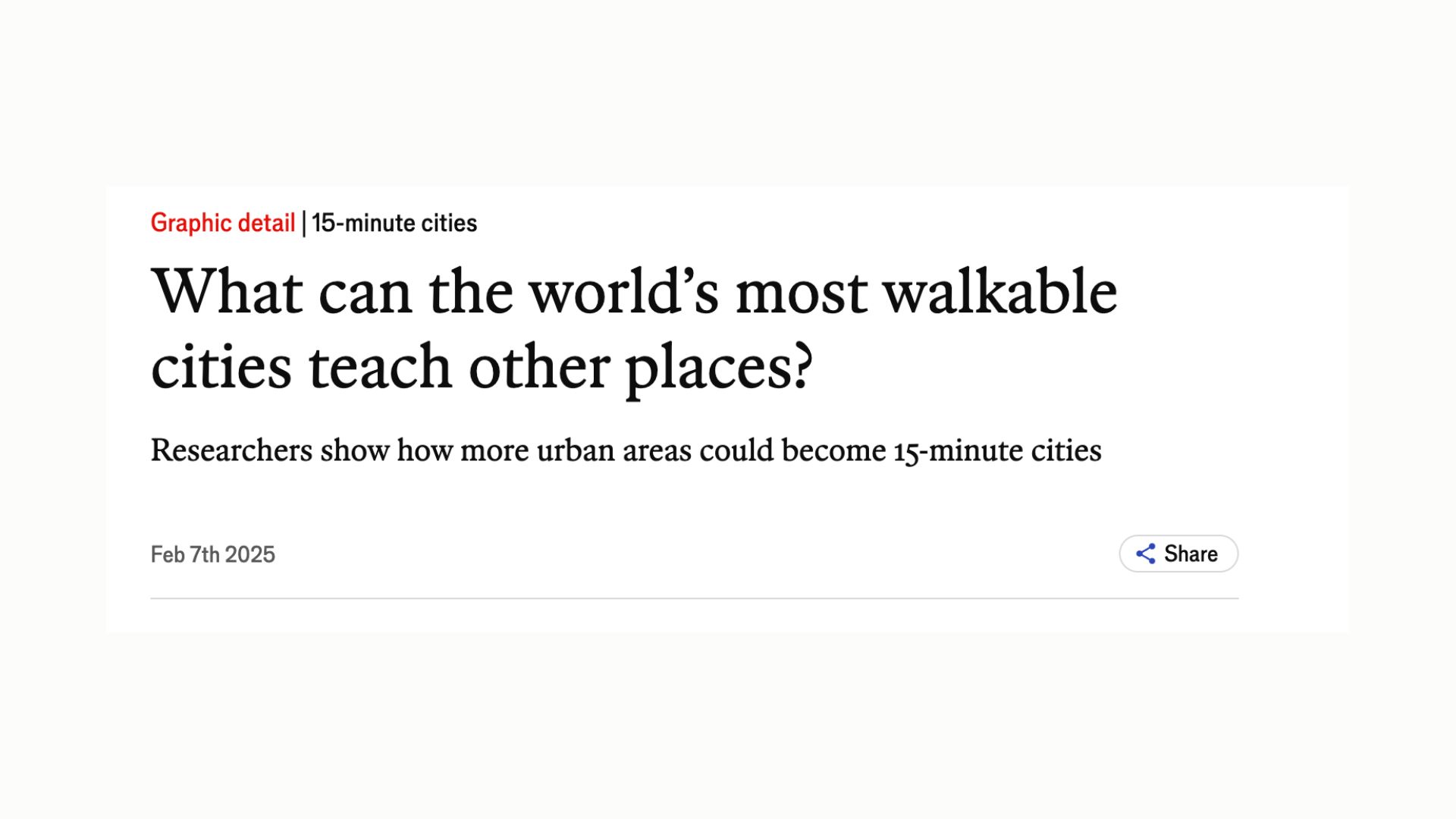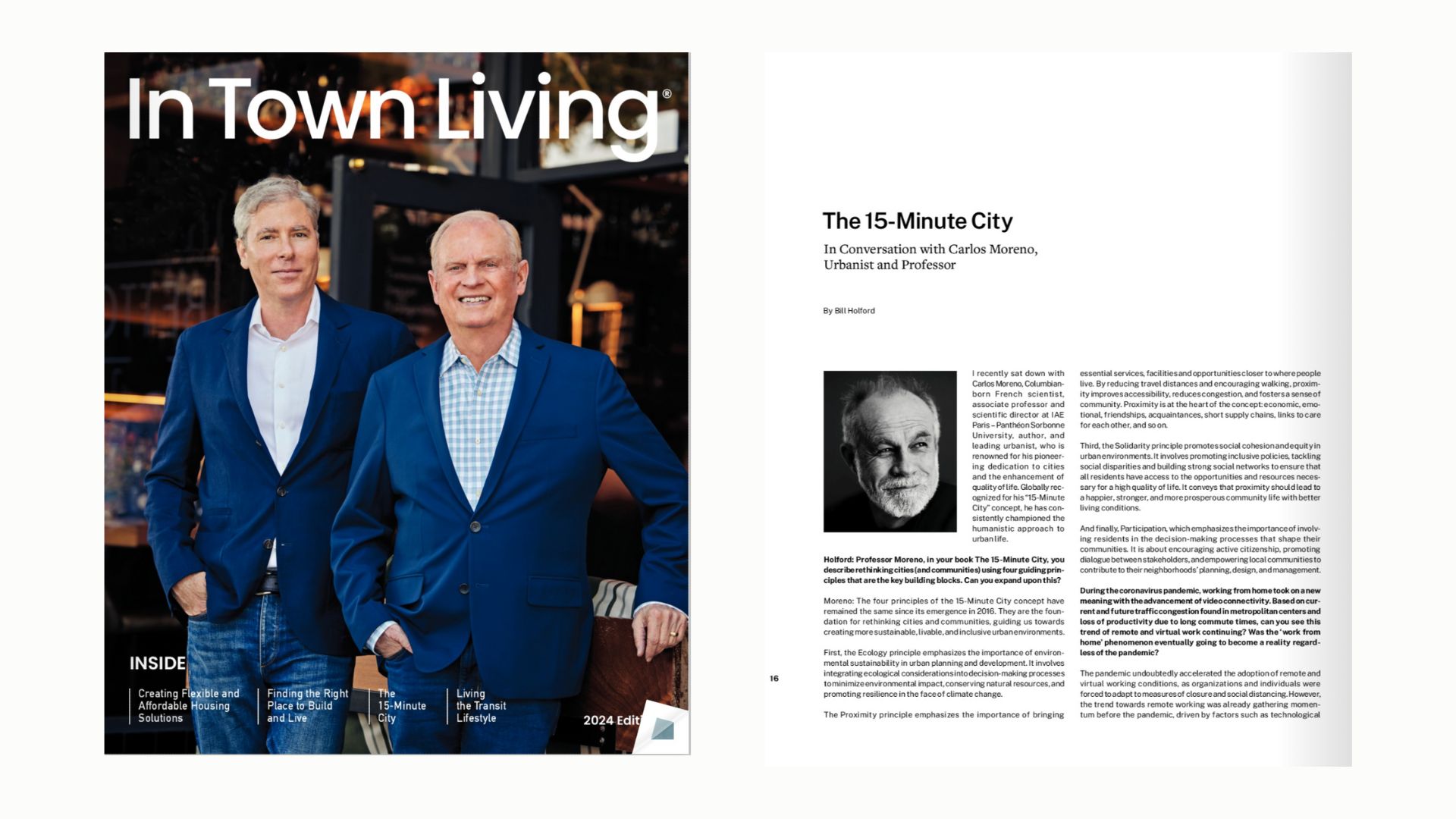Carlos Moreno wrote this article for City Diplomacy Lab, an alliance between scholars and practitioners of cities’ international action, of which he is a member of the scientific committee. In this article, professor Moreno walks us through his professional journey and discusses the concept of the 15-minute city as an alternative urban model focused on sustainability, proximity, and human well-being. The author highlights the shift from the technocentric idea of the smart city to a more human-centric approach that addresses environmental concerns, mental health, and the need for improved urban living. The concept gained traction when it was embraced by the mayor of Paris and began to be discussed globally within organizations like C40, UN-HABITAT, and the World Health Organization. The COVID-19 pandemic and subsequent lockdowns further highlighted the importance of resilient and locally-oriented cities. The article concludes by mentioning the launch of the Global Observatory of Sustainable Proximities, a platform aimed at supporting the implementation of proximity approaches in cities worldwide and facilitating knowledge sharing among urban communities.
Carlos Moreno a écrit cet article pour City Diplomacy Lab, une alliance entre chercheurs et praticiens de l’action internationale des villes, dont il est membre du comité scientifique. Dans cet article, le professeur Moreno nous fait découvrir son parcours professionnel et aborde le concept de la ville de du quart d’heure en tant que modèle urbain alternatif axé sur la durabilité, la proximité et le bien-être humain. L’auteur souligne le passage de l’idée technocentrique de la ville intelligente à une approche plus centrée sur l’humain, qui tient compte des préoccupations environnementales, de la santé mentale et de la nécessité d’améliorer la vie urbaine. Le concept a pris de l’ampleur lorsqu’il a été adopté par le maire de Paris et a commencé à être discuté au niveau mondial au sein d’organisations telles que le C40, UN-HABITAT et l’Organisation mondiale de la santé. La pandémie de COVID-19 et les bouclages qui ont suivi ont encore souligné l’importance des villes résilientes et orientées vers le local. L’article conclut en mentionnant le lancement de l’Observatoire mondial des proximités durables, une plateforme visant à soutenir la mise en œuvre d’approches de proximité dans les villes du monde entier et à faciliter le partage des connaissances entre les communautés urbaines.
